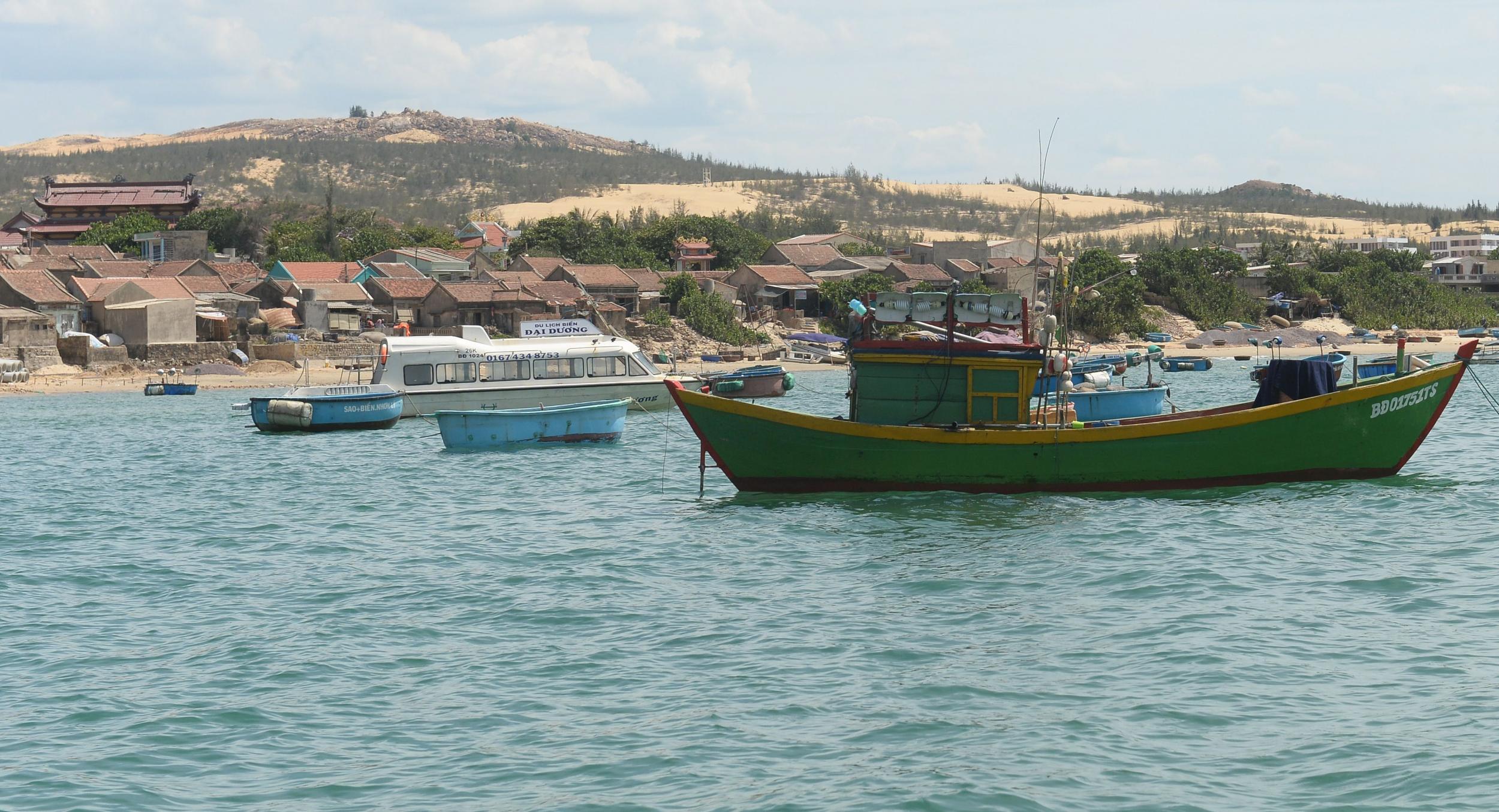Vietnam is latest country with high risk of Zika
Foreign Office warns of danger of the mosquito-borne virus

Your support helps us to tell the story
From reproductive rights to climate change to Big Tech, The Independent is on the ground when the story is developing. Whether it's investigating the financials of Elon Musk's pro-Trump PAC or producing our latest documentary, 'The A Word', which shines a light on the American women fighting for reproductive rights, we know how important it is to parse out the facts from the messaging.
At such a critical moment in US history, we need reporters on the ground. Your donation allows us to keep sending journalists to speak to both sides of the story.
The Independent is trusted by Americans across the entire political spectrum. And unlike many other quality news outlets, we choose not to lock Americans out of our reporting and analysis with paywalls. We believe quality journalism should be available to everyone, paid for by those who can afford it.
Your support makes all the difference.Zika is a mosquito-borne virus that is harmless to the vast majority of people who contract it, many of whom display no symptoms. But it can cause complications for the children of pregnant women. Zika has been associated with the condition known as microcephaly, in which babies have abnormally small heads.
There is concern that Zika may trigger Guillain-Barré syndrome (GBS) in a small number of victims of the virus. This rare condition involves a person’s own immune system damaging the nerve cells, causing muscle weakness and sometimes paralysis.
Some evidence has also emerged of a possible risk to male fertility. A study published in Nature looked at the effects of Zika on fertility in mice. When infected with a strain of the virus, some mice developed shrunken testicles, low testosterone levels and low sperm counts. The researchers believe the damage may be irreversible.
The current outbreak of Zika has spread widely across tropical regions, particularly in Latin America. The World Health Organization says: “The geographical distribution of Zika virus has steadily widened since the presence of the virus was confirmed in October 2015.”
A rigorous regime of avoiding mosquito bites is the best protection against Zika, as well as other more common diseases spread by mosquitoes in the tropics.
The Foreign Office also says: “There has been an increase in the number of cases of dengue fever reported in Vietnam.”
Click here to view holidays and cruises in Vietnam, with Independent Holidays.
Join our commenting forum
Join thought-provoking conversations, follow other Independent readers and see their replies
Comments